Do you have only a few weeks to search for your next dream home? Don't panic. There are things you can do to find the perfect (or, at least, almost perfect) property — without getting too stressed out!
Consider these tips:
- Pre-arrange your mortgage. You want to be able to make a good offer on a home right away, without worrying about financing. So, talk to your mortgage advisor or lender about getting a mortgage pre-approval. Sellers will take your offer more seriously if you have financing in hand.
- Decide what you want. What type of home are you looking for? What type of neighbourhood do you want to live in? The narrower your focus, the less time you’ll waste looking at properties that don’t fit your needs.
- Be open to possibilities. There are probably terrific homes on the market — right now — that are close to what you're looking for. So be prepared to consider properties that are less-than-perfect. Remember, what a home lacks today may be remedied with a renovation later on.
- Be flexible with your schedule. When you see a home you like, schedule a viewing immediately, even if it's at an inconvenient day/time, such as a weekday after work. Finding a great home, quickly, is worth some inconvenience.
- Get alerted to new listings. As they say, the early-bird gets the worm. So arrange to be alerted to new listings the moment they come on the market. That way, you can see these properties right away.














